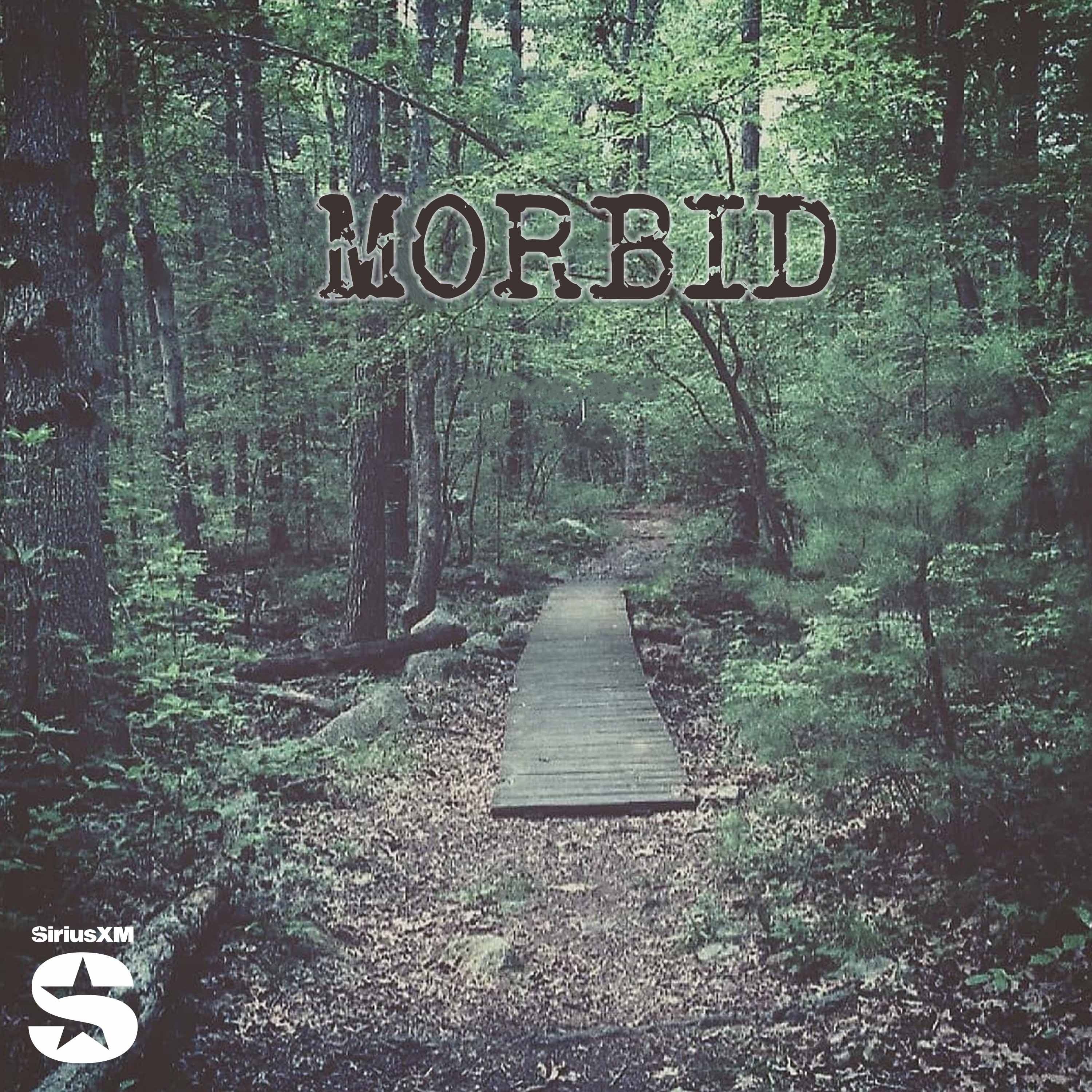Episode 660: Herbert Mullin: The Killer Hippie (Part 1)
Throughout the early 1970s, California’s Bay Area was in the grip of terror as multiple serial killers operated at the time same time and in more or less the same space. In time, some of these killers, like Ed Kemper, would be caught, while others, like the Zodiac Killer, would remain unidentified. Yet it was the ones who appeared to kill at random, without any preferred victim, that would prove the most terrifying and most difficult to catch. Herbert Mullin was one such killer, and while he may have been active for a very short period, he managed to do a tremendous amount of damage in such a little amount of time.
Over a five-month period in late 1972 and early 1973, Herbert Mullin killed thirteen people, including a college girl, a Catholic priest, and a former high school friend and that friend’s neighbors. To investigators, Mullin’s victims appeared to be—and indeed largely were—chosen at random and the weapons used were chosen more out of convenience than pathology. Had Mullin’s final murder not been committed in full view of witnesses, there’s a very good chance he would have gone on to kill many more people before being caught, if he ever was.
Thank you to the Incredible Dave White of Bring Me the Axe Podcast for research and Writing support!
References
Associated Press. 1972. "Dragnet set up for Catholic priest's slayer." Los Angeles Times, November 4: 34.
Dowd, Katie. 2022. "'Murder capital of the world': The terrifying years when multiple serial killers stalked Santa Cruz." SF Gate, August 21.
Green, Ryan. 2024. I Hear Voices: A Descent into the Dark Half of Psychotic Killer, Herbert Mullin. Herefordshire, UK: Independent.
Honig, Tom. 1973. "Did Mullin slay fourteen." Santa Cruz Sentinel, August 10: 1.
—. 1973. "Mullin enters plea: innocent, insanity." Santa Cruz Sentinel, June 13: 1.
—. 1973. "Mullin explains his reason for killing." Santa Cruz Sentinel, August 15: 1.
—. 1973. "Mullin is found guilty." Santa Cruz Sentinel, August 20: 1.
—. 1973. "'Overtones' of drugs in five slayings." Santa Cruz Sentinel, January 28: 1.
—. 1973. "Slaying suspect called a 'quiet, regular guy'." Santa Cruz Sentinel, February 15: 1.
Lunde, Donald, and Jefferson Morgan. 1980. The Die Song: A Journey into the Mind of a Mass Murderer. New York, NY: Norton.
Santa Crus Sentinel. 1973. "Suspect charged in six shootings." Santa Cruz Sentinel, February 15: 1.
Santa Cruz Sentinel. 1972. "Another disturbance at SC County Jail." Santa Cruz Sentinel, September 14: 19.
—. 1972. "Body of slain transient is identified." Santa Cruz Sentinel, October 16: 10.
—. 1972. "Investigator hired to find Cabrillo coed." Santa Cruz Sentinel, November 26: 46.
—. 1972. "Priest slain in confessional box of church." Santa Cruz Sentinel, November 3: 2.
Smith, Dave. 1973. "Killer of killers? Town waiting for answer." Los Angeles Times, February 19: 3.
United Press International. 1973. "Friends claim man charged with 7 deaths used drugs." Sacramento Bee, February 16: 21.
See Privacy Policy at https://art19.com/privacy and California Privacy Notice at https://art19.com/privacy#do-not-sell-my-info.
Press play and read along
Transcript
Transcript is processing—check back soon.

